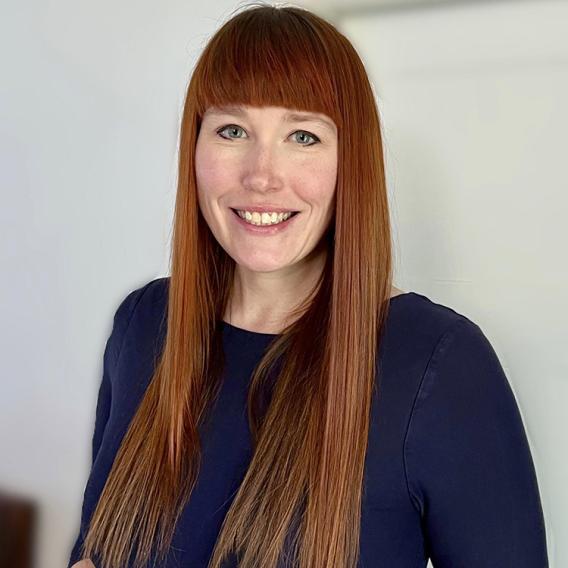PhD in family science specialization
A nationally renowned program
The family social science doctoral program offers you a unique program of study using social science insights and methods to examine individual and family relationships within various contexts and cultures. You will learn to:
- integrate family theory, research, and practice
- produce scholarly research
- develop effective and innovative teaching skills
- engage in meaningful community collaborations
Your program of study will encompass research and coursework across the breadth of family social science, including intersectional influences of race, class, culture, sexual orientation, and gender on relationships; finances; effects of trauma; technology, child adjustment; intimate relationships, and dating, marriage, and divorce. Faculty are nationally and internationally recognized leaders and researchers committed to your success. To learn more, explore their research projects, or watch videos of faculty members discussing their work.
The family science specialization includes coursework, research engagement, and faculty mentoring to prepare you to contribute to the broader field of family science.
If you're interested in pursuing a doctoral degree but have not yet earned a master's degree, you may apply for the joint MA/PhD in family science program. You'll enter as a master's candidate and following the completion of your master's thesis, will be evaluated to continue into the doctoral program.
FSoS also offers a PhD specialization in couple and family therapy (also known as marriage and family therapy). You must have a clinical master's degree, preferably a MFT degree, to be considered for this specialization.
The online FSoS Graduate Program Handbook has details and timelines that will help you launch your career and build a foundation for your personal and professional success.
What do alumni say about their degree?
Quote from Kate Gliske, PhD '17

The top-notch training in methodology that I received in FSoS has been the most valuable skill set in my current line of work. My professors modeled and taught a critical approach to research, and I gained a deep appreciation for the nuance with which we need to collect and analyze data.
Career options
A PhD in family social science will prepare you for careers in academia, policy think tanks, foundations, non-profit organizations, government agencies, health care systems and more. A PhD with a couple and family therapy specialization will allow you to compete for academic positions that require a degree from a COAAMFT-approved doctoral program in order to train students seeking the MFT degree.
Program requirements
Each PhD specialization has different requirements:
Family science specialization checklist [PDF].
Couple and family therapy specialization checklist [PDF].
MA/PhD option checklist [PDF].
View all program requirements in the University catalog.
View the University's Academic Calendar.
Application deadline
Completed applications are due December 1.
Begin your application
Learn about the requirements and deadlines.
If you have any questions, please email fsosgrad@umn.edu.
Financing your education
Visit OneStop Student Services: Finances for information on tuition, fees, and financial aid.
Visit the assistantships, fellowships, and other funding page for more information on funding opportunities through FSoS, CEHD, and UMN.
More information regarding assistantships and benefits can be found on the Office of Human Resources website.
Admissions
Admission to the Department of Family Social Science (FSoS) is based on:
- Evidence of strong academic preparation and the ability and desire to perform graduate level scholarship, including research.
- Alignment of applicant's professional goals with FSoS faculty scholarship and with the department's mission.
- Unique contributions applicant would make to FSoS values, including social relevance, collaboration, inclusiveness, excellence, innovation, and diversity.